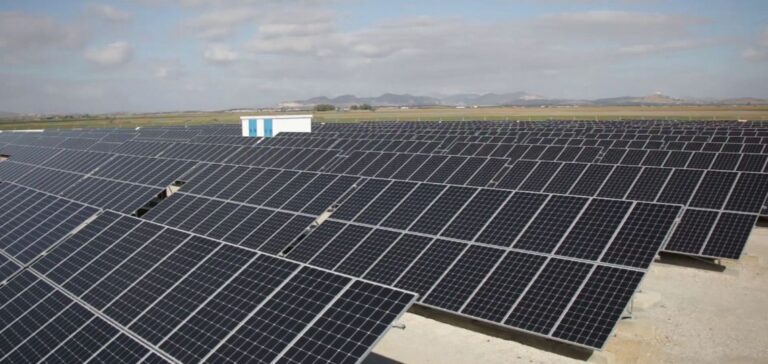Scatec ASA, a Norwegian developer of renewable energy solutions, has signed a 25-year Power Purchase Agreement (PPA) with Société Tunisienne de l’Électricité et du Gaz (STEG) for the construction of a 120-megawatt solar power plant in the Sidi Bouzid region. The contract was awarded through a government-led tender in December 2024, as part of Tunisia’s national efforts to enhance energy security and meet its renewable generation targets.
Strengthened cooperation with Toyota Tsusho Group
Alongside this agreement, Scatec signed a Joint Development Agreement with Aeolus SAS, a subsidiary of Japanese conglomerate Toyota Tsusho Group. The partnership builds on the ongoing development of the 60 MW Sidi Bouzid I and 60 MW Tozeur solar projects. Scatec and Aeolus will each hold a 50% stake in the Sidi Bouzid II project. The total required capital expenditure is estimated at €87 mn.
Scatec will act as the lead contractor for Engineering, Procurement and Construction (EPC), accounting for approximately 85% of the total investment amount. The company is in advanced discussions with selected financial institutions to structure debt financing, with financial close expected in the second half of 2025.
Energy landscape defined by gas dependence
Electricity production in Tunisia is 97% dependent on natural gas, with nearly half of the supply imported. This energy imbalance has led authorities to accelerate the deployment of renewable sources, aiming to reach 30% by 2030. The government is preparing new tenders for solar and wind projects in the coming years.
Scatec, already established in the country, intends to capitalise on future opportunities in Tunisia’s renewables market, leveraging its integrated business model and partnership with Aeolus. The company sees this new project as a strategic step to reinforce its regional position and support energy diversification in North Africa.






















